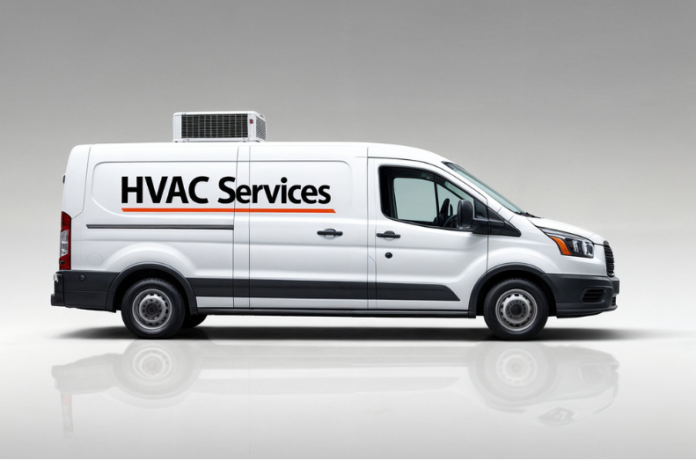Heating and cooling, plumbing, and electrical contractors are happy to provide emergency services. They charge more for such services, but they are willing to send a technician out to help any customer willing to pay the higher fee. From the customer’s perspective, the question is whether his need constitutes a genuine emergency.
There are some HVAC, plumbing, and electrical problems so urgent that customers cannot wait to have them scheduled. Service is required immediately. Then there are other issues that, while perhaps inconvenient, do not have that sense of urgency attached to them. They can be put into the schedule without the threat of major damage or health and safety issues.
It all matters because emergency HVAC, plumbing, and electrical services cost more. They also require more effort from the contractor and its employees. It would seem that everyone involved is better off when emergency service is reserved for genuine emergencies.
Examples of Genuine Emergencies
Utah’s SameDay is an HVAC, plumbing, and electrical contractor operating in the Salt Lake City area. They provide service across the Wasatch Front area. Here are some things they say constitute genuine emergencies requiring immediate service:
- Major Water Leaks – Major water leaks constitute an emergency due to the damage they cause. Between structural damage, mold growth, and flooding potential, major water leaks cannot wait. A good example is a burst pipe.
- Extreme Weather HVAC Failure – When a furnace or air conditioner completely fails during a period of temperature extremes, delaying could have detrimental effects on a customer’s health. During extreme weather, complete HVAC failure is not something that can wait.
- Plumbing Backups – A sewer backup is a definite emergency due to health and safety concerns. Likewise for a major plumbing clog that leaves homeowners dealing with an excess amount of unclean, standing water.
- Gas Leaks – A gas leak is a definite emergency inasmuch as ignoring it could have deadly consequences. Even a hint of gas in the air is sufficient motivation to call an HVAC contractor.
- Electrical Hazards – Problems like sparking fuse boxes and exposed wires create an immediate risk of fire. It is an emergency situation that needs to be handled right away.
Basically, any HVAC, plumbing, or electrical issue that threatens life, health, or property is an emergency. Problems that represent mere inconvenience really don’t require emergency service.
Examples of Non-Emergencies
Fortunately for both contractors and customers alike, most issues for which contractors are called are not emergencies. Jobs can be scheduled for completion as quickly as possible, but a contractor doesn’t have to set everything aside or put in extra hours to complete the work. Here are some examples:
- Minor Leaks – A dripping faucet or an exterior hose connection that will not fully shut off are minor inconveniences. The work can wait for a day or two.
- General HVAC Failures – A general HVAC failure is not a big deal if temperatures are not extreme. Being a little chilly or a bit warm might be uncomfortable, but that’s about it.
- General Electrical Problems – A general electrical problem, like an outlet that doesn’t work or a light that flickers, are likely not emergencies. If there is no risk of fire, the issue can wait.
Obviously, routine maintenance and full replacements are scheduled jobs. Contractors fit them in when their schedules allow, usually with the goal of still getting the jobs completed as quickly as possible.
Genuine emergencies do arise. And when they do HVAC, plumbing, and electrical contractors are happy to help. But if an issue is not a genuine emergency, why not give them a break and schedule the work instead?

